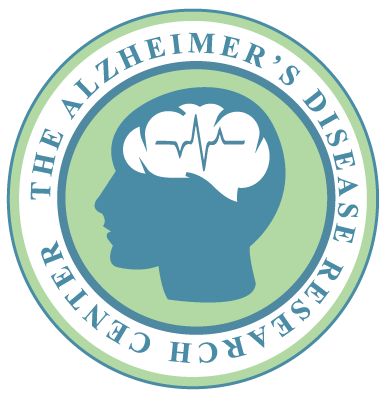The search for dietary approaches toward the prevention and treatment of Alzheimer’s disease remains an active area of clinical research. Enriching and enhancing our diet with the nutrients found to be beneficial through valid clinical research will prove to be increasingly helpful toward the goal of healthy brain aging. One such nutrient, omega-3 fatty acids, is considered to be of increasing dietary benefit, as is outlined in the following abstract by Jennifer G. Robinson, M.D., MPH, et al.
“Omega-3 fatty acids (FA) could play an important role in maintaining cognitive function in aging individuals. The omega-3 FA docosahexaenoic acid is a major constituent of neuronal membranes and, along with the other long-chain omega -3FAs from fish such as eicosapentaentoic acid, has been shown to have a wide variety of beneficial effects on neuronal functioning, inflammation, oxidation and cell death, as well as on the development of the characteristic pathology of Alzheimer’s disease. Omega-3FAs may prevent vascular dementia via salutary effects on lipids, inflammation, thrombosis and vascular function. Epidemiologic studies have generally supported a protective association between fish and omega-3 FA levels and cognitive decline. Some of the small, short term, randomized trials of docosahexaenoic acid and/or eicosapentaentoic acid supplementation have found positive effects on some aspects of cognition in older adults who were cognitively intact or had mild cognitive impairment, although little effect was found in participants with Alzheimer’s disease. Large, long-term trials in this area are needed.”
Jennifer G. Robinson, M.D., MPH / Lipid Research Clinic / 200 Hawkins Drive / SE 226 GH / Iowa City, IA 52242

